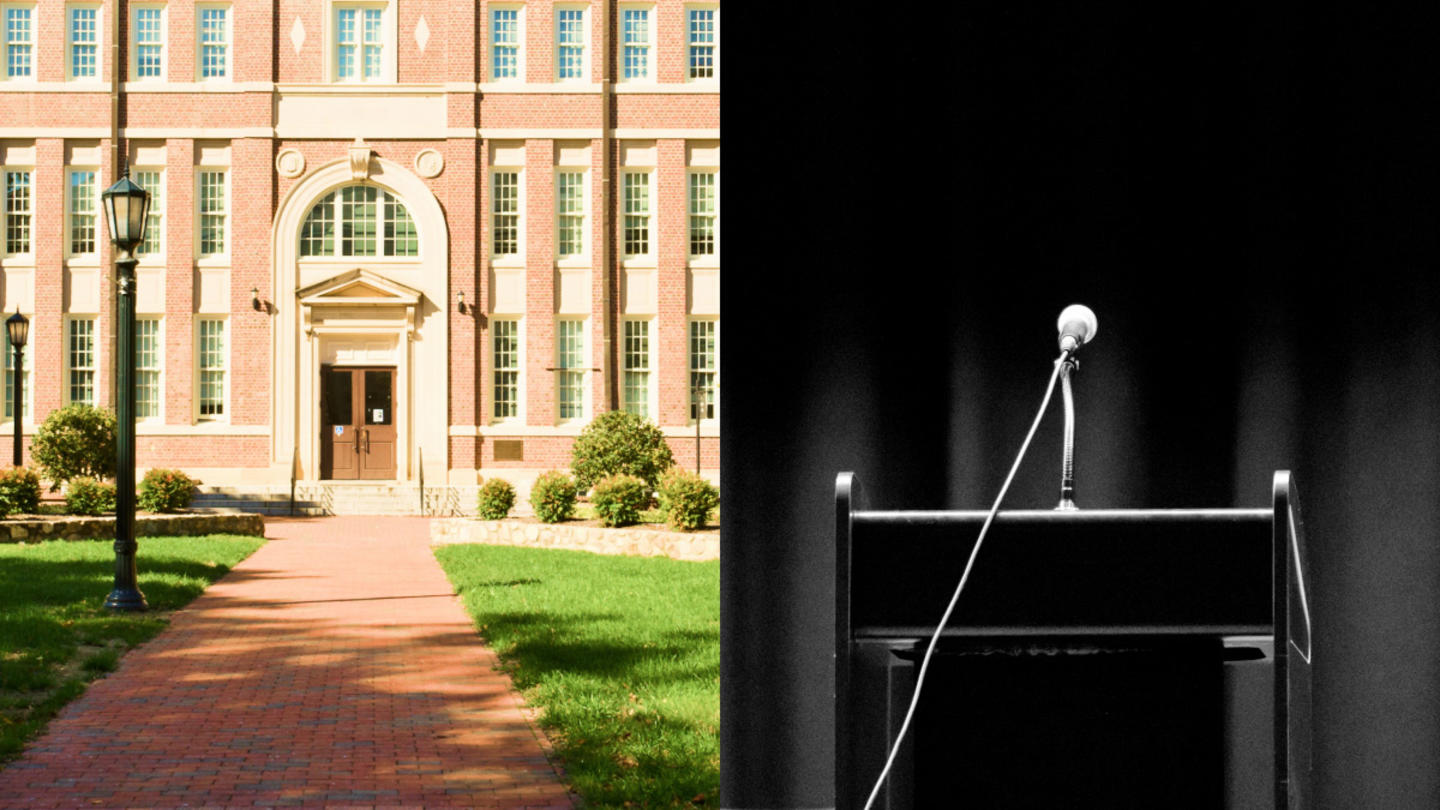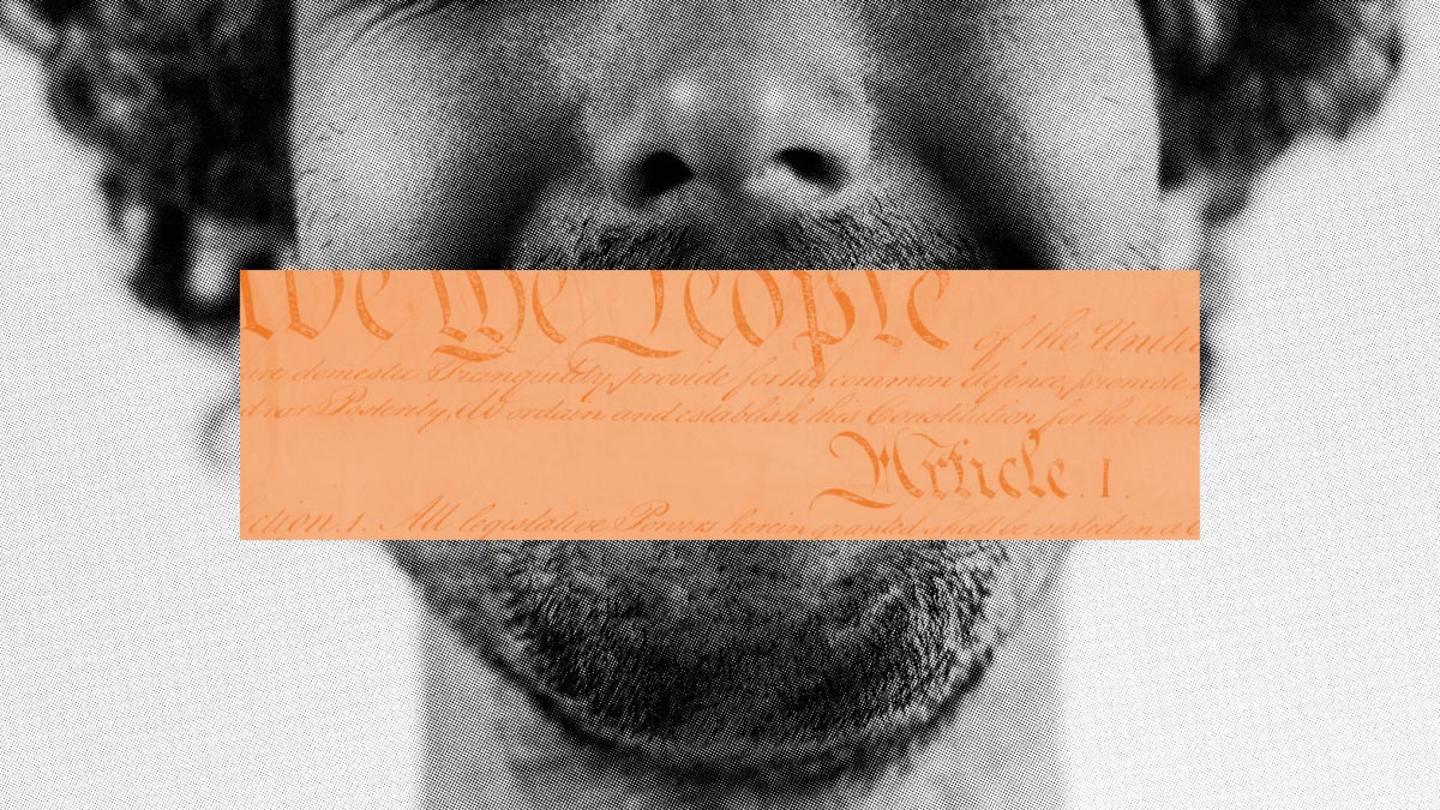Whether in communities, on college campuses, or behind podiums, many free speech organizations witness the same unsettling trend: the steady erosion of the ability to speak openly.
Cancel culture is at an all-time high and free speech is under attack. In the workplace, at school, and across communities, silencing ideas is becoming normalized. Around 40% of Americans say they have kept their opinions quiet for fear of pushback, according to Political Studies Quarterly, and one in four Americans fear losing their job or opportunity for education due to cancel culture, according to the Foundation for Individual Rights and Expression.
Polarization Research Lab
The Polarization Research Lab (PRL) polls Americans weekly to collect real-time data on partisan animosity and then releases the information to the public. The goal is to bolster academic research on, and public awareness of, the ways this animosity affects our lives.
According to PRL, partisan animosity refers to the relationship between standard political party polarization, decreased social trust, decreased respect for democratic systems, and support for political violence. Partisan animosity has increased "substantially" over the last 30 years and has spilled over into non-political settings, affecting who we hire, date, and do business with.
For instance, when asked if their political opponents support reducing polling stations in places where the other party lives, Democrats believed 60% of Republicans would agree, and Republicans thought 55% of Democrats would, too. The actual number? Only 6% of each party.
"We're not interested in helping Democrats or helping Republicans gain an advantage over their political rivals," says PRL Co-founder and Director Sean Westwood. "Our goal is to improve the state of American democracy. To do this we must first understand what is causing the growth of political animosity in this country. Ultimately, I think the key to help our nation is to step back from the parties and focus on things that we all have in common.
Sign up for the Strong & Safe Communities newsletter for stories, ideas, and advice from changemakers working with their neighbors to address the biggest problems we face.
One America
One America believes they have found a secret weapon when it comes to bridging divides. The organization hones in on faith institutions as key spaces to bring together people from across the political spectrum over shared values.
"Our anger, our fear, our pain has been co-opted for other people's political gain," says Chandra DeNap Whetstine, vice president of programs and operations. "Rather than standing shoulder-to-shoulder to fight for justice, we've let our anger pit us against each other and tear our relationships apart."
At One America, faith leaders are trained and supported in guiding their congregants toward conversation and active collaboration. The change that comes from this doesn't just stay contained between church walls, either. It has far-reaching benefits for the entire community.
Greg Lukianoff and FIRE
Greg Lukianoff is a constitutional lawyer, author, and free speech advocate working to "cancel cancel culture" and broaden people's concept of what free speech can and should include.
"Personal attacks, dismissive clichés, and an ever-growing body of taboos abound in virtual discourse," says Lukianoff in his book, The Canceling of the American Mind. "Rules of arguing that bring society closer to the truth are pushed to the wayside in favor of techniques that let you off the hook from actually engaging with your opponents. These destructive methods of argumentation caught on like wildfire for a simple reason: they help people assert moral superiority and 'win' arguments by simply shutting down the other side."
Lukianoff is CEO of the free-speech defense organization Foundation for Individual Rights and Expression. FIRE focuses on protecting the free speech rights of Americans in all institutions by engaging in student and faculty outreach, public education campaigns, and policy reforms, among other actions, to protect individual rights.
A movement that started with good intentions has been stretched too far, Lukianoff contends. It's time to make free speech a value, and not a perceived threat, again.
"If you can show someone to be 'bad' by any measure, you don't have to listen to them anymore," Lukianoff says. "Today, basically anything can be used to dismiss someone as 'bad' depending on your political orientation — from dubbing them 'conservative' to accusing them of being 'woke.'"
The Stand Together community partners with changemakers who are tackling the root causes of America's biggest problems.
Learn more about Stand Together's free speech efforts, and explore ways you can partner with us.
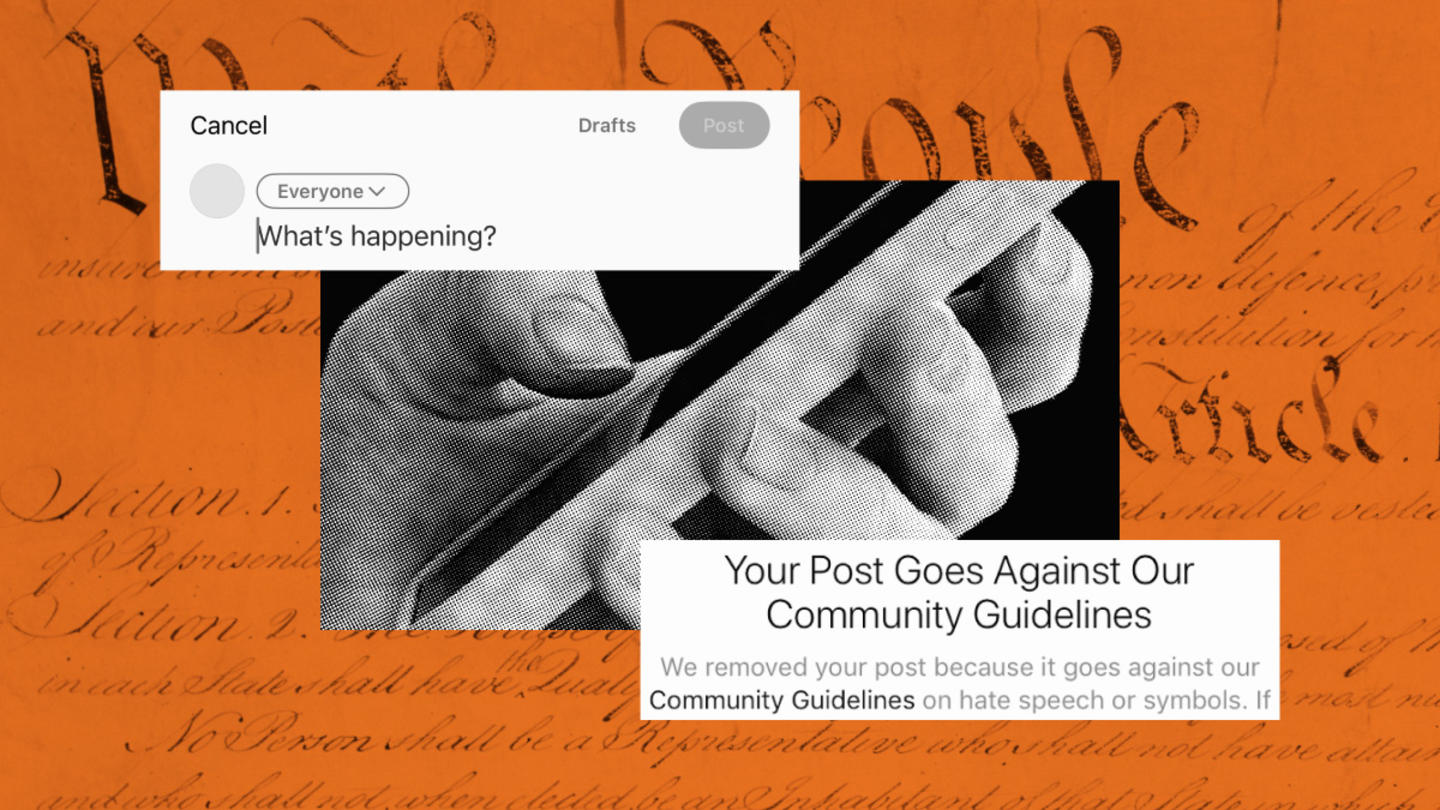
Here's why users should moderate social platforms themselves.
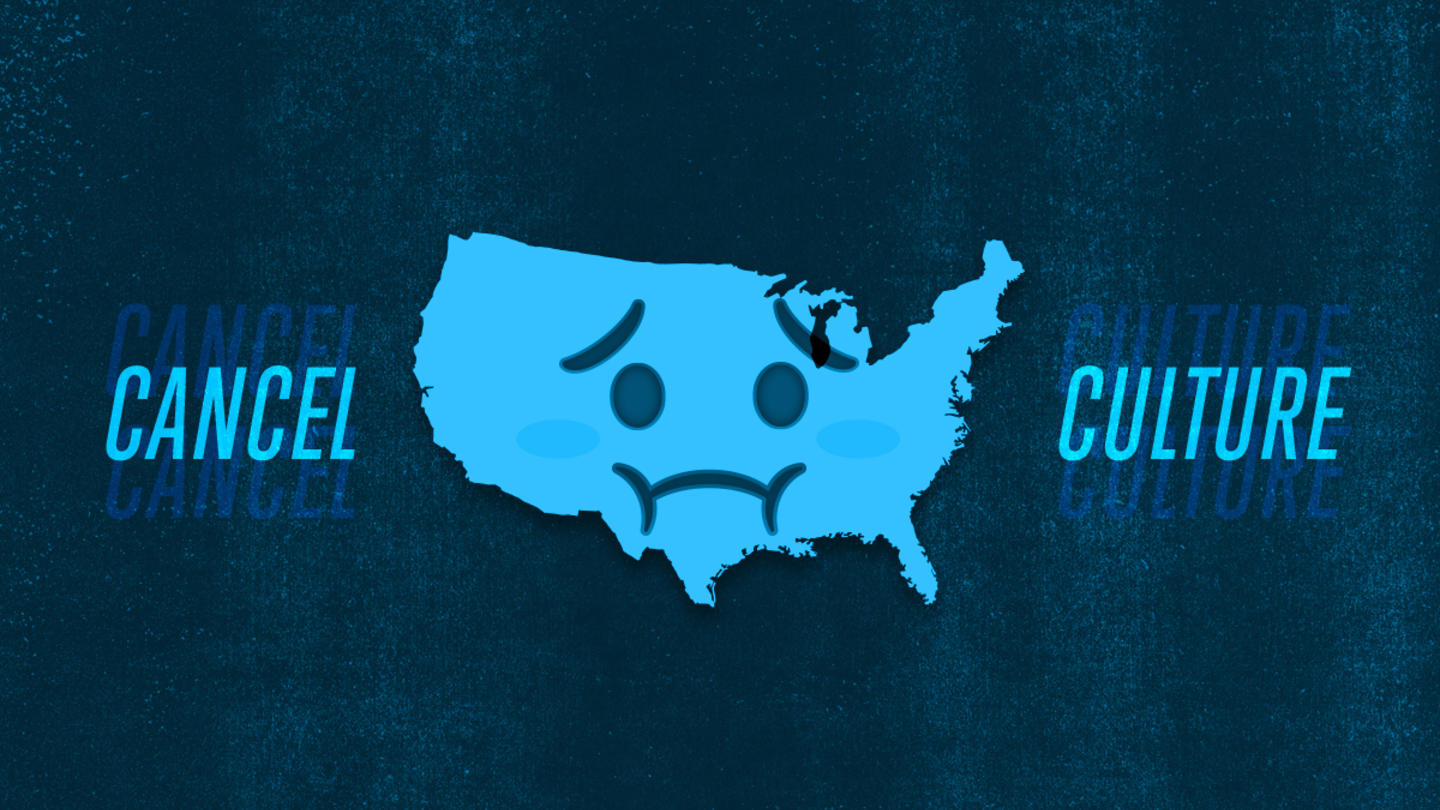
Greg Lukianoff and Rikki Schlott’s new book The Canceling of the American Mind dives into cancel culture’s origins and ways to fight it.
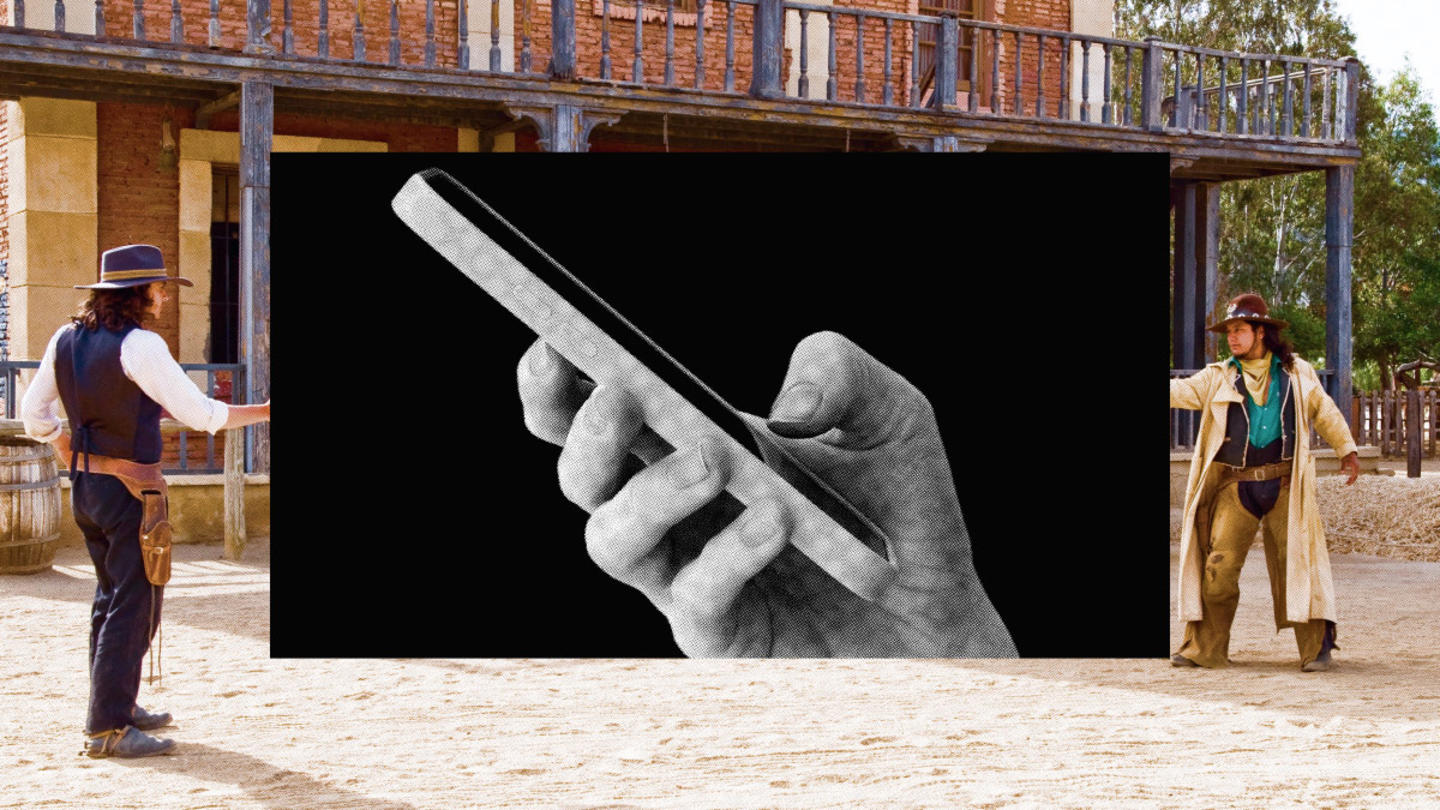
Protecting free speech online is vital. Free speech expert Jacob Mchangama shares how the U.S. can do that.
